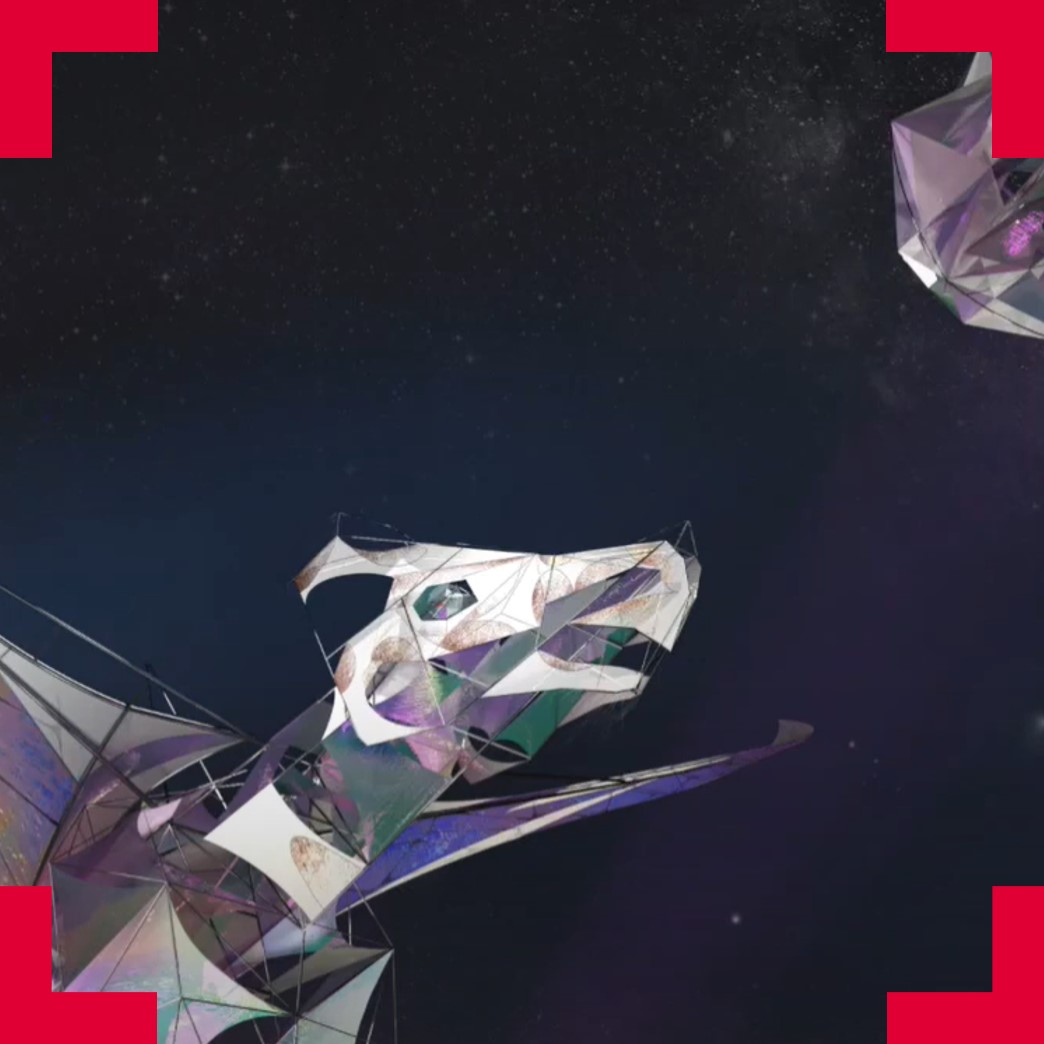The Truth of the Tale
How can academics work with storytellers to translate factual research into gripping stories for children and adults? What is the relation between truthfulness and fantasy in storytelling?

Academics are sometimes reluctant to admit that the takeaways from their research are more than factual. As a creative research process – rather than just a final output – storytelling is a way to explore the emotional, psychological, and spiritual truths in academic research, as well as the factual ones. The correct reaction to the current climate of hostility to expertise and ‘truth’ is not retrenchment, but an emphasis on the different kinds of true stories academics discover and create. Turning research into legend, tale, or myth acknowledges the different ways academics and their audiences make meaningful, useful, and true stories.
What did the project involve?
This project brought a team of storytellers together with an artistic director and a team of academics to develop a set of stories inspired by academic research into modern China (Bickers), paleobiology (Rayfield), and folk traditions of (winged) serpents (Hutton, Pooley). The project drew on the three broad families of oral narratives (legend, tale, and myth) that folklorists first identified in the nineteenth century to ask what different kinds of truth stories can convey:
- Historical and factual
Legends are stories set within the real world, or at least a believable version of it. They are stories that happened to real people but stories whose accuracy historians might question. - Emotional or psychological
Tales, on the other hand, are unashamedly fantastic stories, that take place in a near timeless realm of allegory and archetype, at once strange, yet familiar. - Spiritual and aetiological
Myths are sacred narratives that explain how the world and humanity came to be in their present form.
The project employed three storytellers/poets, who were invited to bring stories to a workshop session where each of the team members discussed key subject areas relevant to the stories. The storytellers reworked their stories or developed new ones, based in fact and fiction, to perform for an audience. The storytellers were Shagufta K Iqbal, Rebecca Tantony and Chris White who were commissioned for the project with Apples and Snakes.
These stories were inspired by and performed in conjunction with ‘The Hatchling’ event produced by Trigger.
Who are the team and what do they bring?
- Will Pooley (Modern History, University of Bristol) is a social and cultural historian of popular culture and folklore in France since 1789. His interests include witchcraft, magic, and the Occult, including their connections to the history of science and medicine, as well as gender and family history, rural history, crime history, and anthropology.
- Robert Bickers (History, University of Bristol) is a historian who specialises in the history of colonialism, and in particular of the British empire and its relations with China and the history of Shanghai, and modern Chinese history.
- Angie Bual (Trigger) is a producer and artistic director of Trigger. She is a consultant and freelance independent producer. She has 10 years of producing experience and has initiated and run several cross artform and sector projects.
- Ronald Hutton (University of Bristol) is a leading authority on history of the British Isles in the sixteenth and seventeenth centuries, on ancient and medieval paganism and magic, and on the global context of witchcraft beliefs. He is also the leading historian of the ritual year in Britain and of modern paganism.
- Emily Rayfield (Earth Sciences, University of Bristol) is a paleobiologist whose research focuses on the function of living and extinct animals. Her current research projects focus on non-avian dinosaurs and birds, the water-to-land transition and the origin of mammals amongst other topics.
- Apples and Snakes is England’s leading spoken word poetry organisation, who exist to support poets at all stages of their careers. Working with inspiring people and organisations, they run regular live events and artist development programmes across the country. They produce work in collaboration with other charities and organisations, including libraries, prisons, and housing associations.
What were the results?
The project commissioned three poets with Apples and Snakes – Rebecca Tantony, Chris White and Shagufta K Iqbal, to create pieces based around dragon mythology, which were performed during The Hatchling event.
Chris White ‘Cadmus’
Rebecca Tantony ‘Medea and the Burnt Sky’
Shagufta K Iqbal ‘The Calling’
The Hatchling was produced by Trigger – an organisation creating and producing surprising live and digital events that interrupt daily life, reimagine and revive public spaces, and put audiences at the centre of the action. Trigger’s programme aims to create accessible, inclusive and boundary pushing work which is often sited outdoors and/or digital.
Conceived by Angie Bual, Artistic Director and producer at Trigger
Directed by Mervyn Millar, Puppetry Director (War Horse, Significant Object)
Designed by Carl Robertshaw, Production Designer (Ellie Goulding, Bjork)
Associate Creative Team
Sound Designer – Daniel Balfour
Lighting Designer – Matt Daw
Composer – Ruth Chan
The People’s Assembly Director – Mark Maughan
Live Music – Dom Coyote
Fabricators
Cameron Balloons
Russell Beck Studio
Skybums
Adrian Snell
Scenic Artists – Charcoal Scenic Ltd
Production Team
Production Manager – Dock Street Events
Costume Maker – Joey A Frenette
Flight Director – Stephen Hoath
Assistant Director – Nicole Redfern
Costume Supervisor & Design Assistant – Jane Ripley
Stage Management
Senior Stage Manager – Richard Herrick
Stage Manager & Show Caller – Charlotte Hall
Assistant Stage Manager – Chloe Walker

